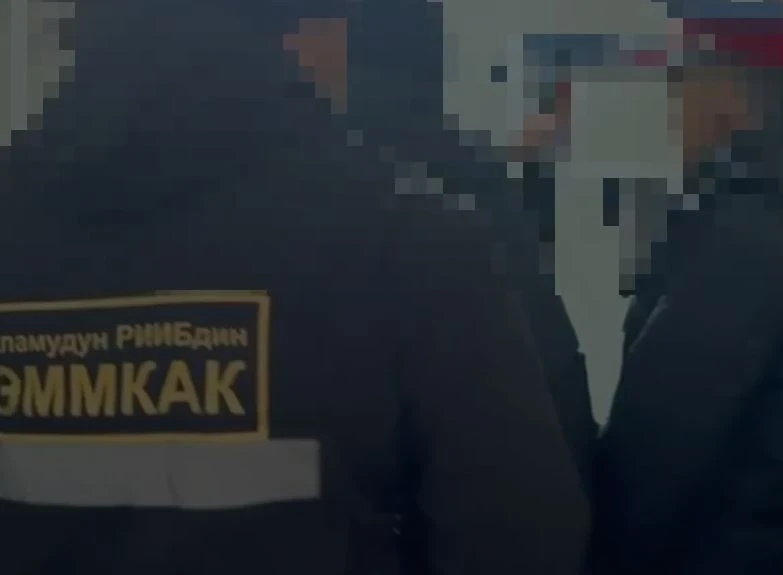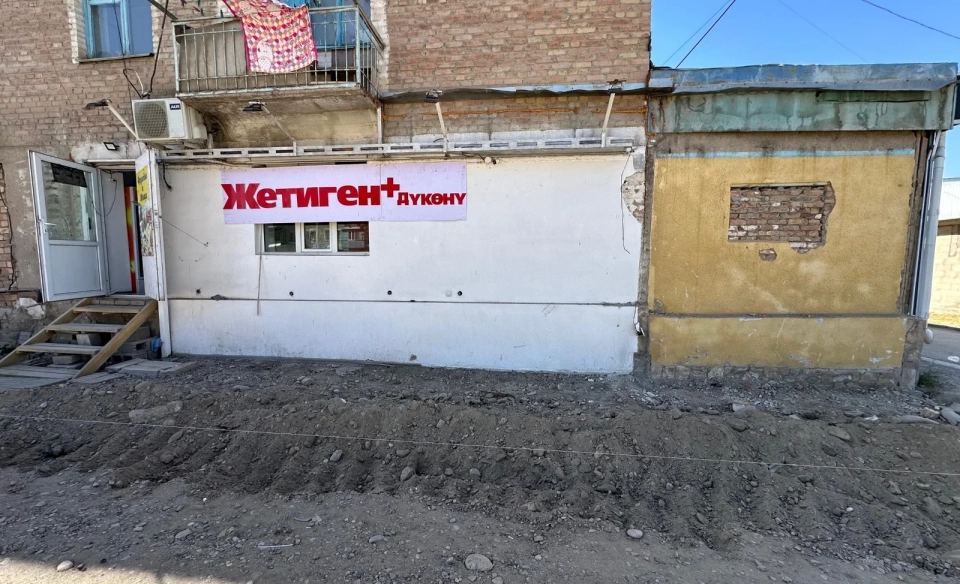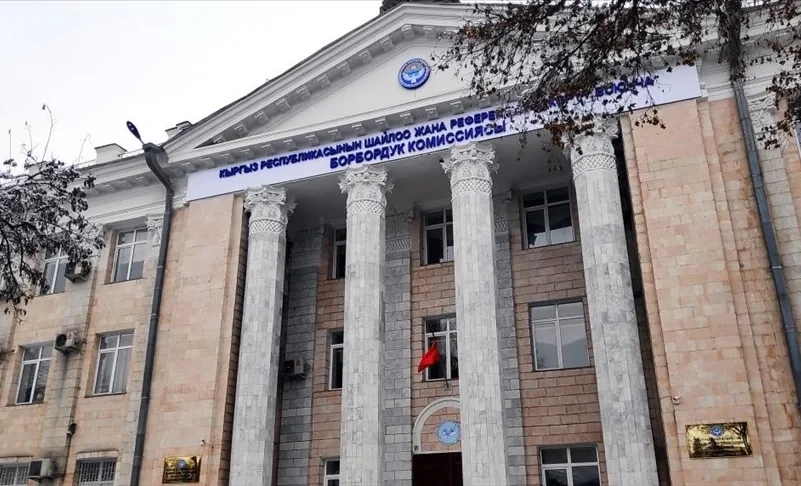
The Ministry of Justice has announced the start of an important stage in the process of debureaucratization related to the implementation of a regulatory guillotine for permits. It is expected that this will lead to a significant one-time reduction in the number of permits for businesses by 55-60%.
This innovation changes the approach to regulating business activities by eliminating excessive requirements that have complicated the work of entrepreneurs for many years.
The Ministry of Economy and Commerce has launched a draft Decree of the Government of the Kyrgyz Republic for public discussion on the "Koom-talkuu" platform. Prior to this, a large-scale inventory of permits issued in recent years was conducted. In cooperation with state and private institutions, the ministry analyzed more than 900 active licenses, permits, certificates, mandatory certifications, accreditations, examinations, and other permitting documents.
Seventy-four government agencies participated in this work, allowing for a complete understanding of the current regulatory burden. The results of the analysis showed that many requirements have already lost their relevance.
- 214 documents, accounting for 23.64%, were recognized as outdated or problematic and recommended for cancellation.
- 58 documents (6.41%) may be transferred to other government agencies.
- 87 documents (9.61%) are no longer considered permits, although they were previously regarded as such.
- 36 documents (3.98%) are not issued or have effectively lost their validity.
- Additionally, the draft includes proposals from the business community, which recommended the cancellation or simplification of 16 documents.
As a result of this work, a list of 431 permitting documents that will remain in the updated system has been compiled. This means that the total number of permits will be reduced by more than half. All documents not included in the approved list will be considered invalid after the Decree is signed by the President.
Now citizens and entrepreneurs will be able to carry out their activities without obtaining additional permits, unless they are included in the list of mandatory ones. The draft Decree also prohibits government agencies from imposing sanctions for the absence of canceled documents.
The Cabinet of Ministers has been instructed to align the regulatory framework with the new requirements within six months, and the agencies are to prepare updated, simplified, and transparent procedures for the remaining permits. The main objectives of the reform are to reduce regulatory burden, eliminate duplicative functions, decrease corruption risks, and simplify interaction between the government and businesses.











